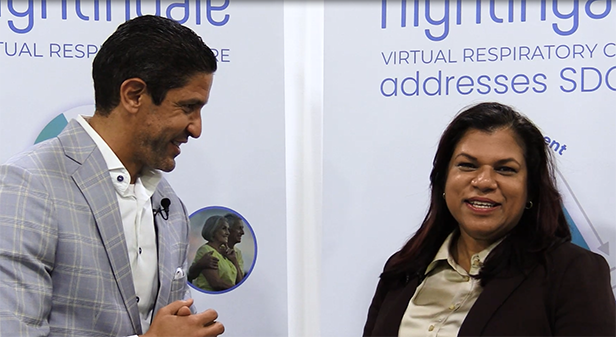Medical billing errors have long been a problem that self-insured employers seek to weed out. One such effort involves payment integrity to help stem the tide of fraud, waste and abuse by implementing processes and procedures to ensure that all health claims are correctly paid. With this in mind, it's imperative for a TPA to have a robust, end-to-end solution to address these concerns, suggests Jessica Bemowski, manager of payment integrity at UMR, a United Healthcare Company. Such practices include a review of all stages within the life of a claim, ranging from pre-adjudication logic and prepayment to post-adjudication and post-payment.
In an interview, she explains that now more than ever it's imperative for self-funded employers to be aware of what they're spending their money on, noting how UMR's use of payment integrity routinely saves its customers $5 to $10 per member each month. The overriding goal is to apply cost-containment solutions as early as possible, including giving providers an opportunity to correct errors prior to routing claims through the system.
Since new schemes are always emerging, it's critically important that the TPA field a team of expert investigators who are well trained to spot and eliminate them, as well as provide a list of organizations with whom continuing education and training are provided. California, Texas and Florida are a hotbed of such activity, while air-ambulance providers have become increasingly egregious in overbilling customers. The more that a system can be automated, the more Bemowski says it will strategically free up representatives to be on the lookout for inaccurate billing.
To listen to more Self-Funding Benefits Talk, click here.
© 2024 ALM Global, LLC, All Rights Reserved. Request academic re-use from www.copyright.com. All other uses, submit a request to [email protected]. For more information visit Asset & Logo Licensing.






